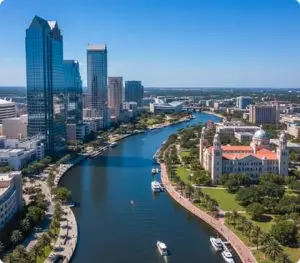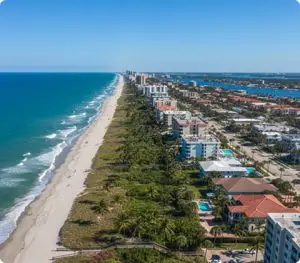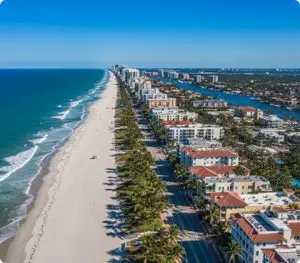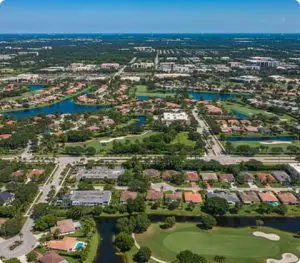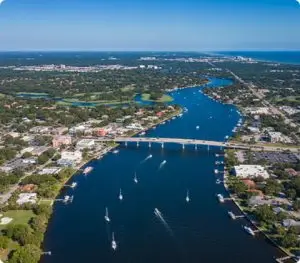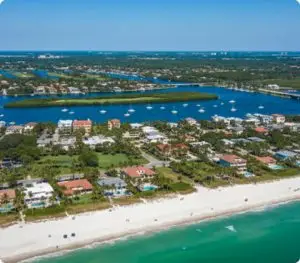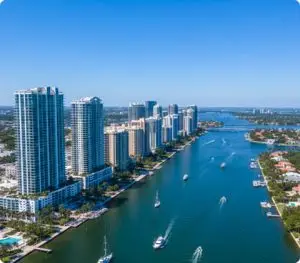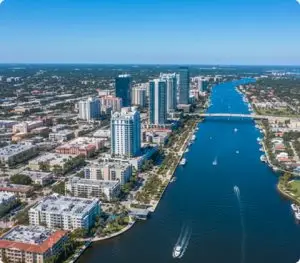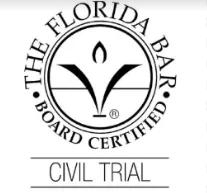Understanding Your Rights when Out-of-State in Florida
Table of Contents
Each year, millions of traveler’s flock to Florida to enjoy its sun-soaked beaches, world-renowned theme parks, luxurious resorts, and vibrant events. While Florida is a premier vacation destination, accidents can occur unexpectedly, whether at a hotel, in a rental car, or during a day at an attraction. If you are injured while visiting from out of state, rest assured that Florida law provides robust protections for your legal rights. This article offers clear, actionable guidance on jurisdiction, common injury scenarios, pursuing a claim remotely, and critical insurance and liability considerations to help you protect your interests.
Jurisdiction: Why Your Case is Governed by Florida Law
When an accident occurs in Florida, the state’s courts typically have jurisdiction over the case. Under Florida’s long-arm statute, courts may exercise authority if the defendant committed a wrongful act within the state, conducts business in Florida, or owns property here. This ensures that out-of-state visitors can seek justice for incidents occurring during their stay.
The proper venue—where your case is filed—depends on the circumstances. Typically, a case may be filed in the county where the injury occurred or where the defendant’s principal place of business is located. In certain situations, a court may transfer the case to another Florida county for convenience or to better serve the interests of justice.
For claims involving parties from different states and damages exceeding $75,000, federal court may be an appropriate venue under diversity jurisdiction. It is also critical to note that Florida recently reduced the statute of limitations for most negligence claims to two years for accidents occurring after March 24, 2023. Prompt action is essential to preserve your right to seek compensation.
Common Vacation Injury Scenarios
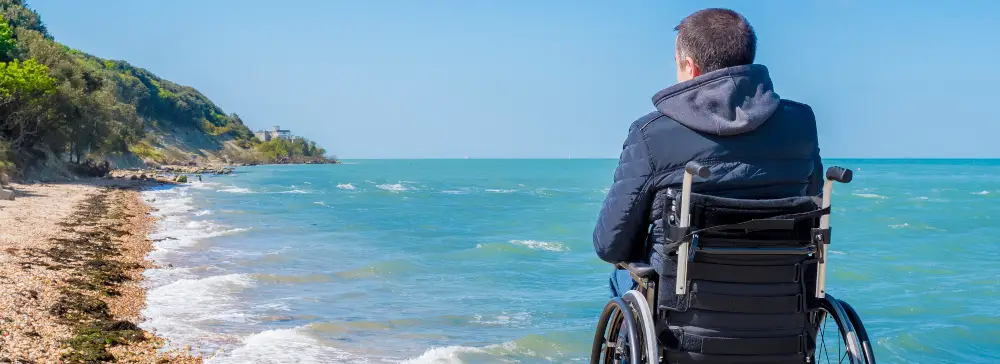
Injured at Theme Parks and Attractions
Florida is home to some of the world’s most iconic theme parks, which are generally safe but not immune to accidents. Injuries may result from ride malfunctions, slip-and-fall incidents, or other hazards. Theme parks are required to self-inspect their rides and submit quarterly injury reports to the Florida Department of Agriculture and Consumer Services.
If you are injured at a theme park, take these steps to protect your claim:
- Report the Incident Immediately: Notify park staff and request a copy of the guest incident report.
- Document Evidence: Take photographs of the scene and collect contact information from witnesses.
- Preserve Records: Retain tickets, wristbands, or receipts that verify your presence at the park.
Under Florida’s negligence laws, theme parks owe visitors a duty of reasonable care to maintain safe premises. Florida’s comparative fault rules apply, meaning your recovery may be reduced if you are found partially at fault, and no recovery is possible if you are more than 50% responsible.
Hotels, Resorts, and Vacation Rentals
Hotels, resorts, and many vacation rentals are classified as “public lodging establishments” under Florida law and must maintain safe premises for guests. Furthermore, Florida’s slip-and-fall statute (§768.0755) requires injured guests to prove that the property owner knew or should have known about a dangerous condition—such as a wet floor or uneven surface—and failed to address it. Evidence of a recurring or long-standing hazard can strengthen your case.
To support your claim:
- Notify Management Promptly: Report the incident to the property manager and request an incident report.
- Gather Evidence: Take photos of the hazard and note any contributing factors, such as poor lighting or missing warnings.
- Identify Witnesses: Obtain contact details from anyone who saw the incident.
Pursuing Your Case After Returning Home
As an out-of-state visitor, you may be concerned about the need to return to Florida for legal proceedings. Fortunately, Florida’s legal system offers flexible options to manage your case remotely:
- Electronic Filing: Florida’s statewide E-Filing Portal allows attorneys to submit documents electronically for civil cases.
- Remote Hearings: Many court hearings and depositions can be conducted via Zoom or other communication platforms, as permitted by Florida court rules.
- Online Notarization: Florida recognizes secure remote notarization for affidavits and other legal documents.
While trials or specific proceedings may require in-person attendance, much of the legal process can be handled from your home state with the assistance of experienced counsel.
Insurance and Liability Considerations for Visitors
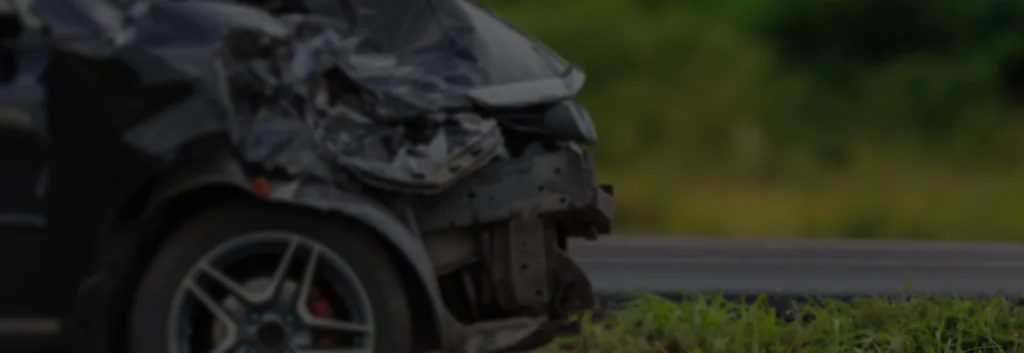
Auto Accidents and Personal Injury Protection (PIP)
Florida is a no-fault insurance state, requiring vehicles registered in Florida to carry Personal Injury Protection (PIP) coverage. PIP covers 80% of reasonable medical expenses and certain other losses, provided you seek treatment within 14 days of the accident. Moreover, out-of-state visitors may be covered by their own auto insurance policies, as many insurers extend coverage nationwide. Review your policy or consult with your insurer to confirm coverage.
Rental Cars
Under the federal Graves Amendment, rental car companies are generally not liable for accidents caused by renters unless the company itself was negligent, such as by providing a defective vehicle. To enhance your protection, consider purchasing supplemental liability coverage and uninsured/underinsured motorist coverage when renting a vehicle.
Premises Liability
Whether your injury occurs at a resort, restaurant, or theme park, thorough documentation is critical. For example, take photographs of the hazardous condition, gather witness statements, and retain any incident reports or employee communications. These details are essential for establishing liability under Florida law.
Actionable Steps for Injured Visitors
To protect your rights and strengthen your case, follow this checklist:
- Seek Immediate Medical Care: Prompt treatment is critical, especially for auto accidents, to preserve PIP benefits (within 14 days).
- Report the Incident: Notify the property or attraction management and request a copy of the official incident report.
- Document Everything: Take photos, videos, and collect receipts or tickets related to the incident.
- Notify Your Insurer: Contact your auto, health, or travel insurance provider to report the incident and confirm coverage.
- Consult a Florida Attorney: Engage a personal injury attorney promptly to preserve evidence and comply with Florida’s two-year statute of limitations.
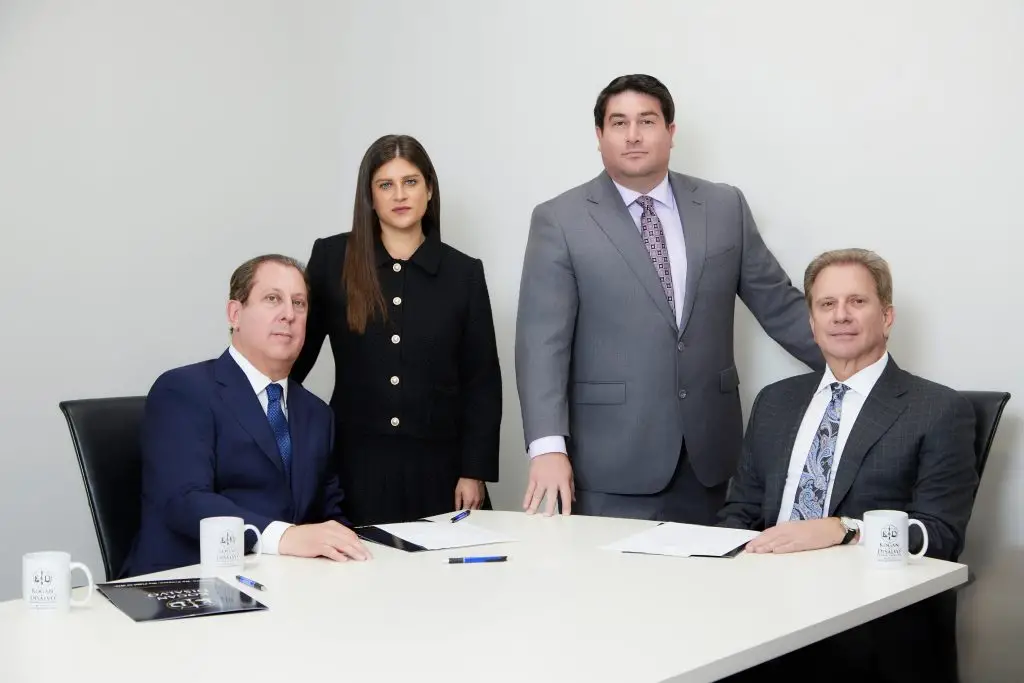
Why Choose Kogan & DiSalvo?
An injury during your Florida vacation can be distressing, particularly when you are far from home. At Kogan & DiSalvo, we are dedicated to helping out-of-state visitors navigate Florida’s legal system with confidence. Our experienced attorneys will guide you through jurisdictional complexities, manage your case remotely when possible, and work tirelessly to maximize your recovery. With a commitment to personalized representation, we stand by our promise: We Care. We Prepare. We Fight to Win.
If you or a loved one has been injured while visiting Florida, contact Kogan & DiSalvo today for a complimentary consultation. Let us help you secure the compensation you deserve.
 (800) 707-9111
(800) 707-9111
 Call
Call

